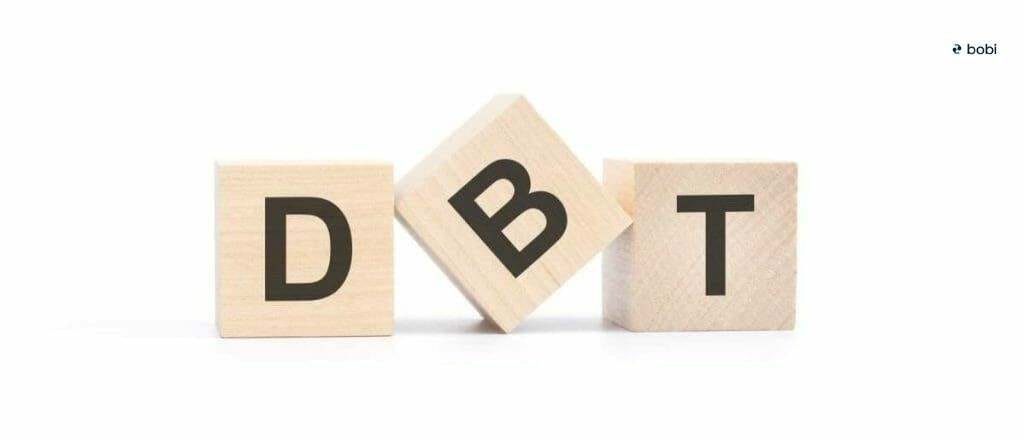
Are you struggling to cope with overwhelming emotions and looking for ways to manage them? TIPP skills and the DBT might be the solution for you. In the domain of Dialectical Behavior Therapy (DBT), TIPP skills are a set of strategies intended to allow individuals to control their acute emotional distress. The TIPP is an abbreviation of Temperature, Intense exercises, Paced breathing and Paired muscle relaxation.
Dialectical Behavior Therapy (DBT) is a type of cognitive-behavioral therapy that was originally developed to treat individuals with borderline personality disorder (BPD). It has since been used for other mental health conditions, including substance misuse disorders. Currently it is a widely used therapy by many mental health professionals.
Within DBT, there are four modules- Mindfulness, Interpersonal Effectiveness, Emotion Regulation, and Distress Tolerance. Each of these modules is designed to help individuals manage different aspects of their lives. This includes the use of DBT skills like TIPP.
In this blog, we will explore what the TIPP skills entail, and their importance in managing overwhelming emotions. Further, we’ll break down the four specific elements involved in the technique. Additionally, we’ll introduce you to a secret weapon called bobi, an innovative mindful device, the perfect embodiment of TIPP.
So, join us as we delve into how utilizing bobi in your therapeutic practice can improve your mental health and coping skills.
In the domain of Dialectical Behavior Therapy (DBT), TIPP skills are a set of strategies intended to allow individuals to control their acute emotional distress. The TIPP is an abbreviation of Temperature, Intense exercises, Paced breathing and Paired muscle relaxation.
Below is a quick review of each component:
According to Dr. Aaron Matthews, Psychiatrist: “The beauty of TIPP techniques lies in their simplicity and the immediate relief they can provide. For patients who experience severe emotional spikes, these techniques are often a first line of defense, helping to stabilize them until further therapeutic work can be done.”
DBT, which stands for Dialectical Behavior Therapy, was developed by Marsha Linehan and has its roots in the broader field of cognitive behavioral therapy (CBT). This evidence-based psychotherapy is influenced by the philosophical perspective of dialectics.
Initially it was designed to assist individuals struggling with borderline personality disorder (BPD) and other mental health conditions, such as post-traumatic stress disorder (PTSD).
According to a study, the main objective of DBT is to provide individuals with the necessary skills to effectively manage their emotions. Additionally, it enables the growth of healthier relationships, and ultimately improves the overall quality of life through emotional control.
DBT equips individuals with a wide range of skills by integrating the principles of cognitive behavioral therapy with mindfulness practices. With the guidance of a trained DBT therapist, individuals are able to learn new techniques for managing strong emotions.
DBT retains a focus on four key pillars: emotional regulation, distress tolerance, interpersonal effectiveness, and mindfulness exercises.
A combination of individual therapy, group therapy, skills training, and homework assignments is sometimes recommended to reap maximum benefits. In this way, DBT skills offer an effective treatment option for those struggling with BPD and other mental health challenges, such as binge-eating disorder and substance misuse.
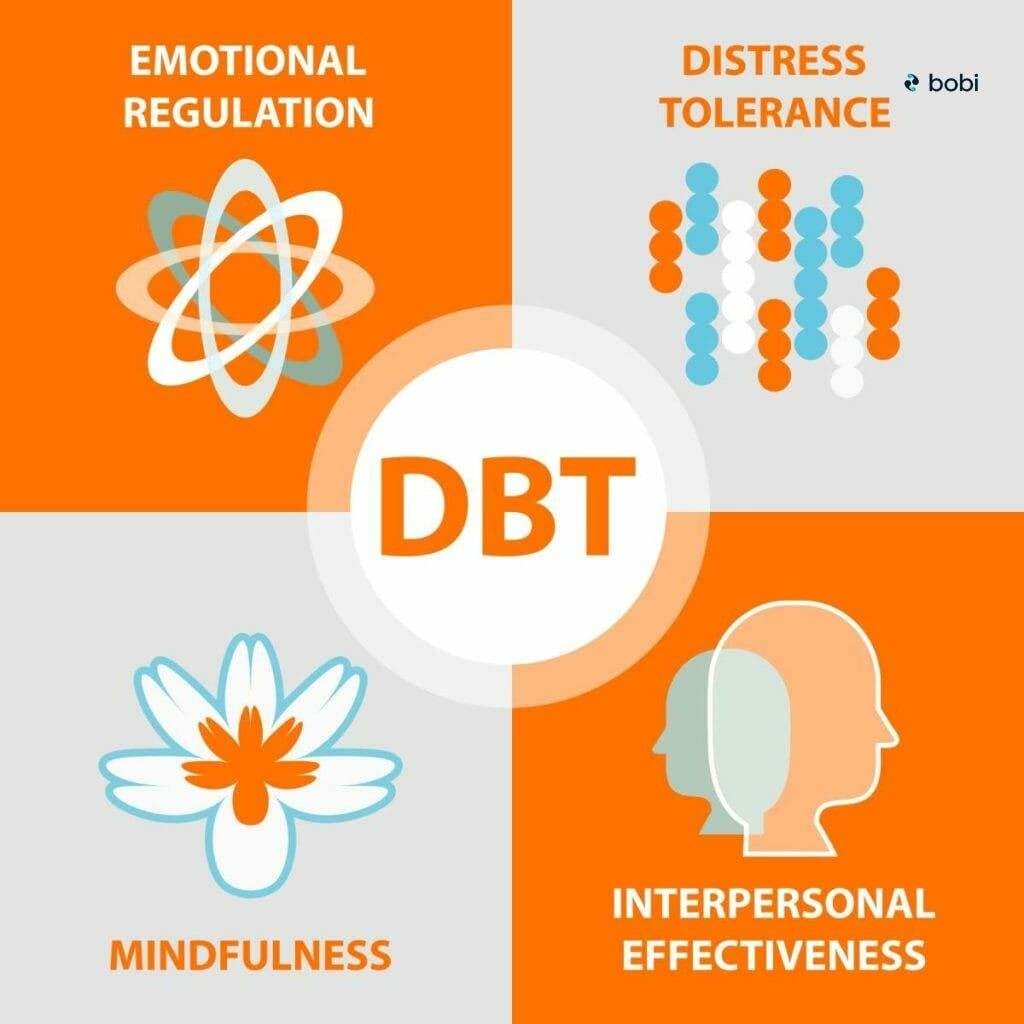
As noted, DBT is based on four key modules that form the foundation of treatment:
These modules are designed to provide individuals with the necessary skills to cope with life’s stressors. These necessary skills, together with self-soothing techniques, provide a way navigate through challenging situations and ultimately enhance overall well-being.
TIPP in DBT refers to Temperature, Intense Exercise, Paced Breathing, and Paired Muscle Relaxation. The TIPP skills help individuals manage intense emotions and distress. Participants learn to regulate their emotional state and cope with difficult situations with these four elements.
The TIPP skills are intended to change your body’s response quickly in order to reduce the effects of an overwhelmed emotional mind. Ultimately it is recognised that implementing body-focused interventions can have an immediate affect on our emotional state.
These are the main components of TIPP skills in DBT and here’s a detailed guide on how to practice TIPP skills in your daily routine:
The temperature skill is a powerful technique that can help regulate emotions by changing the body’s temperature.
A popular technique which has gained massive popularity on social media platforms involves simply placing an ice cube in your hand during experiences of anxiety or distress.
However, it is important to note that if you have heart problems or an eating disorder, it is crucial to consult with a doctor before using this skill. Cold water exposure may not be suitable for individuals with these conditions, as it can potentially exacerbate their health issues.
The temperature skill is a quick and effective way to manage overwhelming emotions. When you incorporate this technique into your coping repertoire, you possess a powerful tool that can be used during times of distress.
A valuable skill to manage your emotions and promote overall well-being is engaging in intense exercise. Whether it’s a cardio workout, a high-intensity interval training (HIIT) session, or a run in the park, intense exercise is worth it. Aerobic exercise, in particular, can release pent-up energy and help balance emotions. Intense exercise may also incorporate simple exertion without having to physically move around, such as squeezing something with force.
Just 20 minutes of intense exercise can make a significant difference in how you feel.
Paced breathing is a simple yet powerful technique that can help calm both the mind and body. With slow, deliberate breaths, we can activate the parasympathetic nervous system. This activation promotes a relaxation response in the body. The technique is particularly effective in reducing stress and anxiety. This helps regulate our heart rate and brings a sense of calm.
Paired muscle relaxation is a powerful technique for promoting relaxation and reducing muscle tension. Individuals can effectively manage their emotions and alleviate anxiety and stress by practicing this skill. This relaxation technique involves tensing and relaxing different muscle groups in the body.
This allows individuals to develop a deeper awareness of their physical sensations and achieve a state of profound calm.
When practicing paired muscle relaxation, it is important to focus on one muscle group at a time.
Regular practice is key to mastering the paired muscle relaxation skill. You can train your body to respond to stress in a more relaxed manner with this technique in your daily routine. Over time, you will become more proficient at synchronising muscle tensing and releasing with your respiration rate, facilitating a greater sense of physical and emotional well-being.
Dr. Rachel Norton, Therapist specializing in Anxiety Disorders said: “I often teach paced breathing and muscle relaxation from the TIPP toolkit to my clients. These methods are not only helpful for acute stress but are also excellent for long-term anxiety management. They empower patients by giving them practical tools to regain control over their emotional state.”
TIPP coping skills, essential to Dialectical Behavioral Therapy (DBT), are found highly effective in several scenarios where emotional arousal may put you in a ‘Fight or Flight’ state and affect your ability to function properly in a negative manner.
These skills aim to shift one’s physiological state swiftly, guiding one to control overwhelming emotions in severe circumstances.
Let’s explore some specific applications and scenarios where TIPP can be especially helpful:
The ease and swift effectiveness of TIPP skills make them handy and helpful for quick relief in scenarios where certain difficult therapeutic approaches may stop working.
bobi – your personal breathing coach – can play a vital role in enhancing DBT and specifically the skills taught through TIPP. Importantly, bobi addresses each of the fundamental concepts of the TIPP skills and can be used as a tool to manage intense emotional responses.
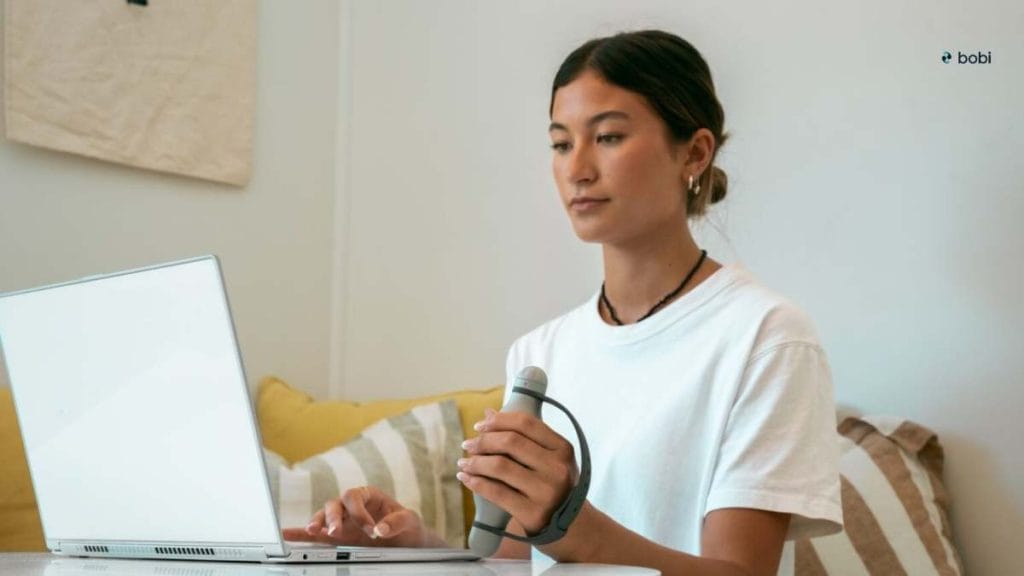
bobi is designed to incorporate a removable palm pad. A key feature of the TIPP strategy is “temperature” change whereby ice, or cooling material, can be used to redirect focus and thereby manage distressing emotions.
bobi’s ‘Ice Palm Pad’ represents a unique feature whereby the ‘Temperature’ intervention can be used in the same way as ice, or similar. Simply place the bobi ‘Ice Palm Pad’ in the freezer for 10 minutes and then swap it onto bobi when ready to use.
bobi integrates a crucial form of exercise known as isometric hand exercise that can be used as a feature of the device. Isometric exercise involves the contraction of a muscle without any subsequent movement. Essentially, isometric hand exercise involves somebody contracting their hand (at approximately 25% overall strength) and holding that position for several minutes.
This form of exercise has recently been found to be the most effective in reducing blood pressure.
The most commonly used instruction for paired muscle relaxation is this:
Tense your muscles when breathing in and relax them when breathing out.
bobi is perfectly designed to coach and guide anyone through paired muscle relaxation. Gently breathe in as you slowly squeeze bobi. Then, gently breathe out as bobi naturally expands in your hand.
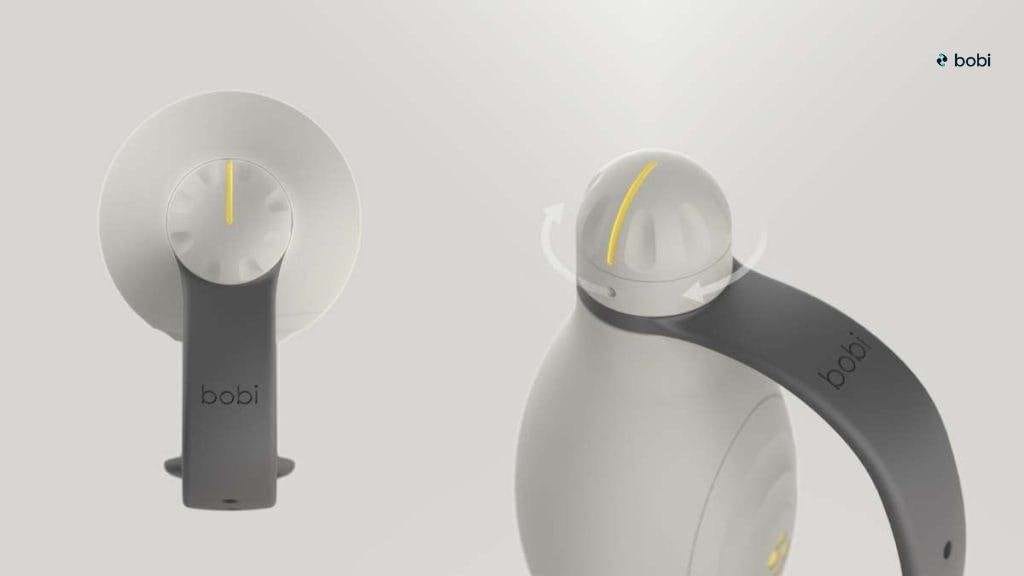
bobi’s core feature is the capacity to guide and coach users to develop a slow, controlled, breathing rate. It’s three discrete settings allow for different rates of breathing. bobi is uniquely designed to provide assistance in maintaining a slow breathing rate, especially during times of distress.
Integrate bobi into your DBT practice to enhance the accessibility and effectiveness of this evidence-based treatment approach. Through bobi, individuals can develop and strengthen the TIPP skills necessary for navigating challenging emotions.
bobi offers a discrete and highly effective calming tool for individuals to utilise in virtually any environment. Embracing bobi as part of their journey empowers individuals to take control and build resilience in the face of adversity.
In conclusion, bobi represents the closest embodiment of the TIPP skills possible. It therefore is a highly valuable tool for managing intense emotions and achieving emotional regulation. Through temperature control, intense exercise, paced breathing, and paired muscle relaxation, individuals can learn to effectively cope with distressing situations. Utilizing bobi as an adjunct to DBT can significantly support any person’s journey to mental well-being. Get your bobi from here to incorporate this unique and world-leading device into your therapy journey!
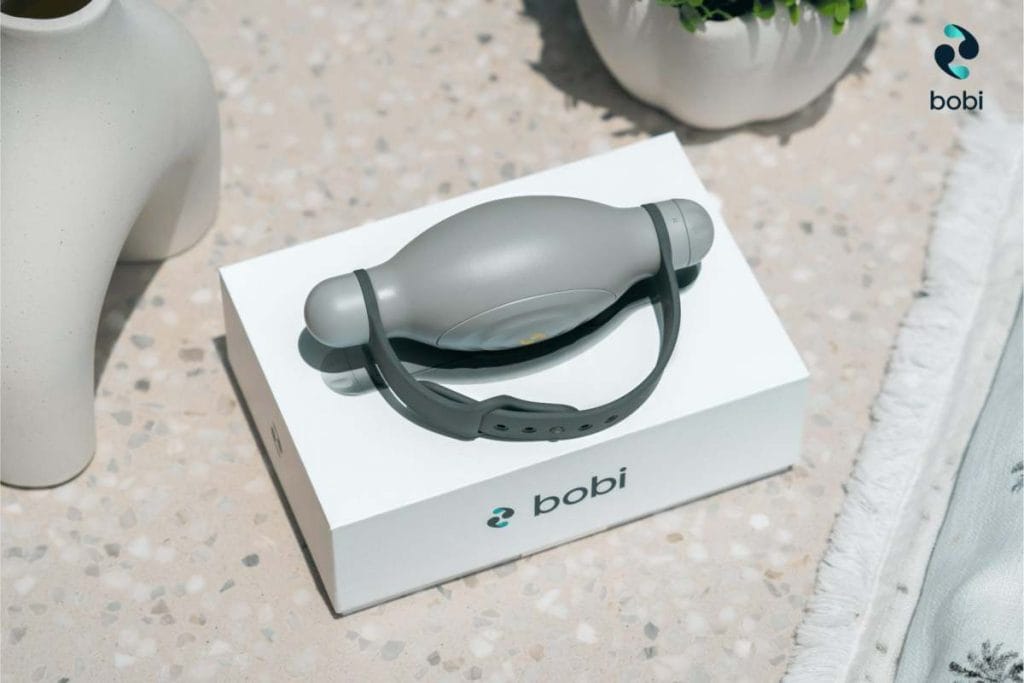
Dialectical Behavior Therapy (DBT) is a type of cognitive-behavioral therapy that is designed to treat individuals with borderline personality disorder. It has been adapted for other mental health conditions like bipolar disorder, PTSD, and substance misuse disorders.
DBT focuses on four modules: Mindfulness, Interpersonal Effectiveness, Emotion Regulation, and Distress Tolerance. These four modules help individuals manage their emotions and improve their quality of life.
The four modules of DBT are:
In DBT, TIPP stands for Temperature, Intense exercises, Paced breathing, and Paired muscle relaxation.
TIPP stands for Temperature, Intense Exercise, Paced Breathing, and Paired Muscle Relaxation. TIPP relates to skills within the Distress Tolerance module of DBT designed to help individuals manage intense emotions and distress.
bobi is a breathing companion designed to embody the principles of TIPP. It incorporates features like a removable palm pad for temperature control, isometric hand exercise, and paced breathing settings. bobi aims to assist individuals in managing intense emotional responses and is considered a valuable tool in DBT practice.
TIPP skills assist in emotional regulation by decreasing the physiological stimulation swiftly. Strategies such as incorporating intense exercise, trying cold water, doing paced breathing, and utilizing muscle relaxation assist in achieving a calming state for both mind and body, leading to more regulated emotional responses.
Jørgensen, M. G., Ryg, J., Danielsen, M. B., Madeleine, P., & Andersen, S. (2018). Twenty weeks of isometric handgrip home training to lower blood pressure in hypertensive older adults: a study protocol for a randomized controlled trial. Trials, 19. Link.
Stay updated on what's happening at bobi, and all things breathing, anxiety and mental wellness.